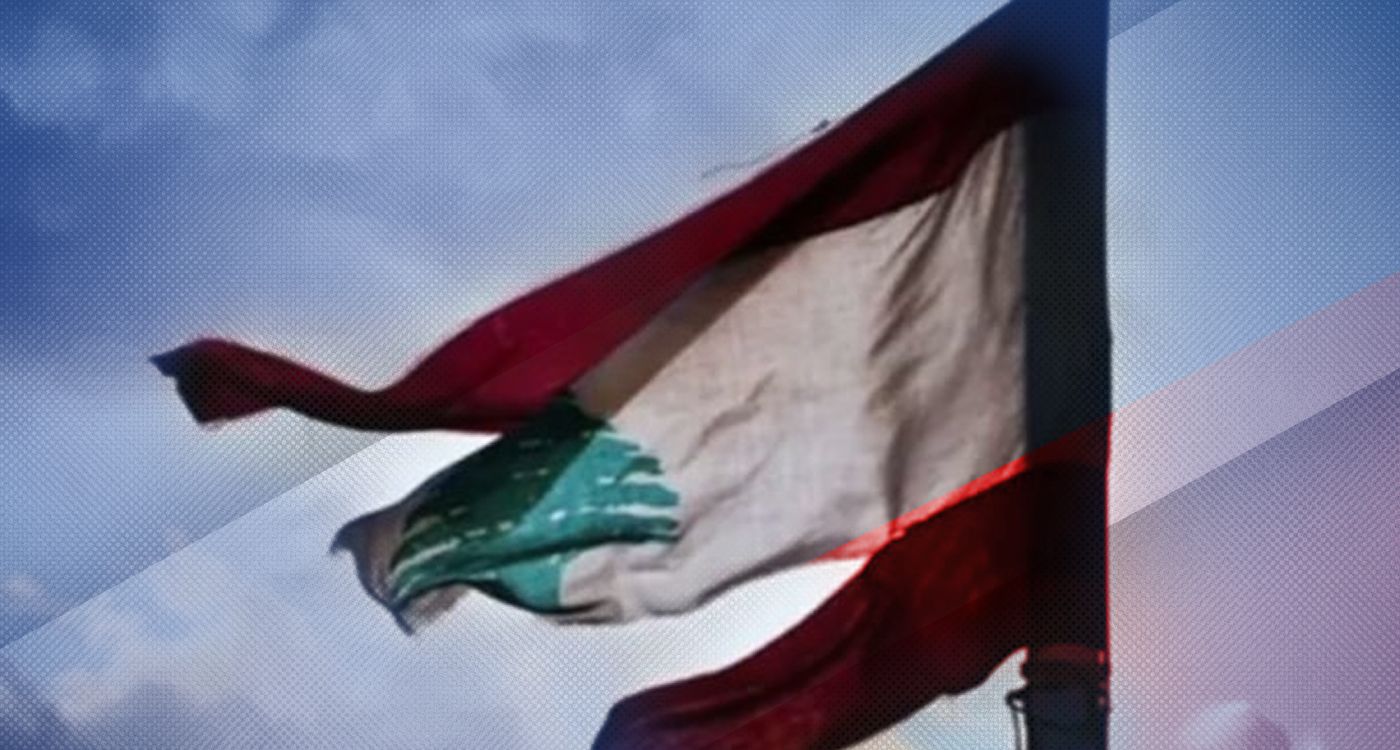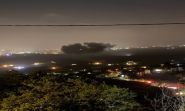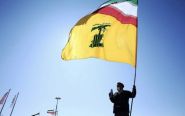
Refined comments pour in during the national holidays: Independence Day, Flag Day, the First Liberation Day, the Second and the Nineteenth. Yet, no one truly believes in the poetry written for these occasions. The mandate era is increasingly seen as more merciful than the independence we now endure, constantly violated by those surrounding us.
Independence is reduced to a reminder of the French Army’s withdrawal during the mandate period and the onset of Lebanese self-rule. It would be an exaggeration to frame it as purely hollow Lebanese heroism. There was bravery in the actions of Bechara al-Khoury and Riad al-Solh. Yes, there was determination in the independence leaders imprisoned in Rashaya Citadel. Yes, there was a resolve in Bshamoun with the independent government. But the reality is far more complex. These events were not driven by popular will alone, but by international pressures playing out on the land of marginalized populations.
British pressure on France during World War II forced it to withdraw from Lebanon. France, weakened by the war, had little choice but to cede Lebanon, a price paid for its resilience in World War II. This is the true nature of the crisis and the geopolitical context of independence.
However, from a poetic perspective, one can still revel in the tales of curtains turned into flags, marches that made heroes and protests that reshaped the nation’s reality.
We are not dismissing the people's will or their aspirations. If the Lebanese people had not been ready for independence, none of this would have happened. However, to regard independence as an accomplishment suggests a golden era that should have followed, one that would have led to the birth of a modern State. In reality, our nation did not endure 15 years after independence before the first war broke out. Another 12 years of conflict followed six years of Palestinian militia rule. The Syrian Army entered and stayed for 15 years after the war ended. Just three years later, Iranian influence began to take hold through the Doha Agreement. In truth, Lebanon only experienced 25 years of independence, during which crises and conflicts paved the way for the next phase of occupation.
Twenty-five years out of 81 years of supposed independence is not a reason to celebrate. It is a cause for shame, as the experience has shown that what we’ve lived through is not independence, but a farce filled with exaggeration and the exploitation of emotions.
This poetic idealism will only fade when the Lebanese confront reality—something they have yet to do. Many still see Lebanon’s struggles as victories, while others bide their time, waiting to reap political spoils. Only a rare few view the situation clearly, recognizing that Lebanon can no longer endure endless wars and desperately needs peace—true, lasting peace. Genuine peace. Complete peace. Only then will there be cause for celebration. And the story continues.



Comments